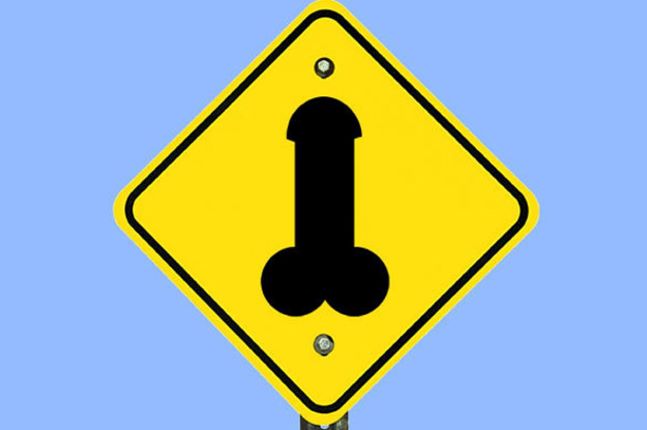Penile erection above 30 minutes is harmful to men, Expert warns
 Prof. Ademola Popoola of Department of Surgery, University of Ilorin (Unilorin), has warned that penile erection after 30 minutes in sexual intercourse is purposeless, dangerous and harmful to men.
Prof. Ademola Popoola of Department of Surgery, University of Ilorin (Unilorin), has warned that penile erection after 30 minutes in sexual intercourse is purposeless, dangerous and harmful to men.
Popoola raised the alarm in Ilorin during his paper presentation at the 250th Inaugural Lecture of the university, entitled: “That All May Pee in Peace”.
According to him, ”a person who has more than 30 minutes of erection should report immediately to the hospital”.
He stated that the erection must be aborted as soon as possible by a competent doctor in order to preserve penile erection subsequently.
The expert, who observed that the penis need to be turgid or erect for satisfactory sexual intercourse, however, said the erected penis often fractures or breaks.
“Research shows that the right side of the penis ruptures more than the left side,” he said.
Similarly, Popoola stated that in a person’s lifetime urination, which is supposed to be fun and reliving, may become a problem and sometimes if intervention is not made on time, it could lead to the demise of the individual.
BRANDPOWER reports that the don, who teaches in the Faculty of Clinical Sciences, College of Health Sciences of Unilorin, observed the various causes of challenges with urination in women.
“They include abnormal shifting of the uterus, urethrocele and other uncommon causes such as perforation ovarian teratoma and anteverted uterus,” he said.
The expert warned that blood in the urine should cause great concern amd peaceless urination.
This, he said, may signify underlying disorders that need to be investigated, affing that the cause of blood in urine should be identified within a week or two of presentation to the hospital and a deadline of treatment set out.
He therefore called for comprehensive care of the patients with urological malignancies, which should be covered by the National Health Insurance Authority.
Popoola also advised the Federal Government to make available research funding to support genitourinary problems, including kidney failure.











